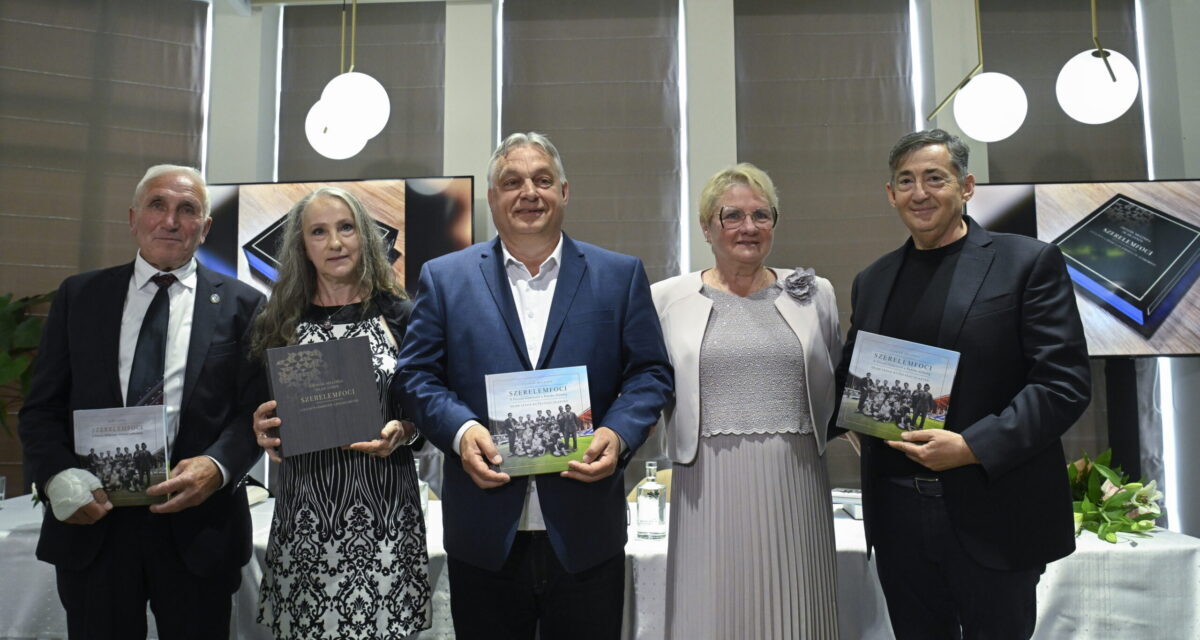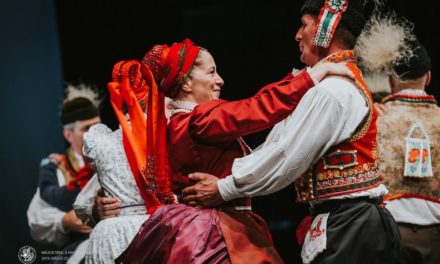The prime minister not only participated in the presentation of Melinda Zsohár and János Oláh's book " Szerelemfoci"
Viktor Orbán said that the publication is primarily important for the locals, but also provides general lessons for Hungarian football.
If a country forgets its footballing past, it will have nothing to build its future on. The antecedents of Hungarian football, which stood on its feet in the 2000s, can be found in socialist football, in the golden team of the 1950s, as well as in the national team that played in the World Cup final in 1938.
Despite the interruptions of Hungarian football, it was always able to somehow restore continuity. This was also the case when the academies were established. However, he also pointed out that if football does not have a future, its past will also be lost and it will become a lock. The old glory of Hungarian football is also maintained by the fact that it has a present and a future.
You never know what the replacement bug will be
When the Levante association was founded in 1923 and the club in 1931, even in Felcsút, they did not think that the Hungarian national football team, which is now preparing for the European Championship, would include three players - Zsolt Nagy, László Kleinheisler, Roland Sallai - who came from the Puskás Academy in Felcsút . In addition, Balázs Tóth, who also grew up in Felcsút, is among the reserves.
At the end of the press conference, Viktor Orbán also talked about the fact that many sports were tried in the village, but the history of village sports is basically the history of football departments. There were many who undertook research, writing and editing, and Lőrinc Mészáros, the chairman of the board of trustees of the Puskás Academy, financed this. However, not all villages are in this situation.
Therefore, the prime minister said: if the locals want to write the history of their sports clubs in the villages, the cult government will add as much money as the locals add up for this purpose. It will be an interesting legacy.
Presenting the two-volume publication, János Oláh recalled: the idea of processing the sports history of Felcsút came up during a board of trustees meeting. Together with Melinda Zsohár, they created a book not only about sports, but also about the village, from which the reader can learn about the history of the village. Even before the establishment of the academy, NB I and NB III players were trained in Felscút, both on the men's and women's lines.
Melinda Zsohár called the publication a village story that goes beyond the borders of the village. Based on personal memories, it is full of local history and ethnographic aspects, but also true anecdotes.
Major Anita - who edited the publication with Gábor Margittai - emphasized the role of the book in strengthening local identity, and also that sport always strengthens communities and brings people together.
MTI
Featured image: Prime Minister Viktor Orbán, Lőrinc Mészáros, chairman of the board of trustees of the Puskás Academy, as well as authors János Oláh (b) and Melinda Zsohár (b4), and Anita Major, one of the editors of the volume (b2), the centenary history of football in Felscút called Szerelemfoci at the presentation of the summary book in Felcsút on May 21, 2024. MTI/Koszticsák Solid













